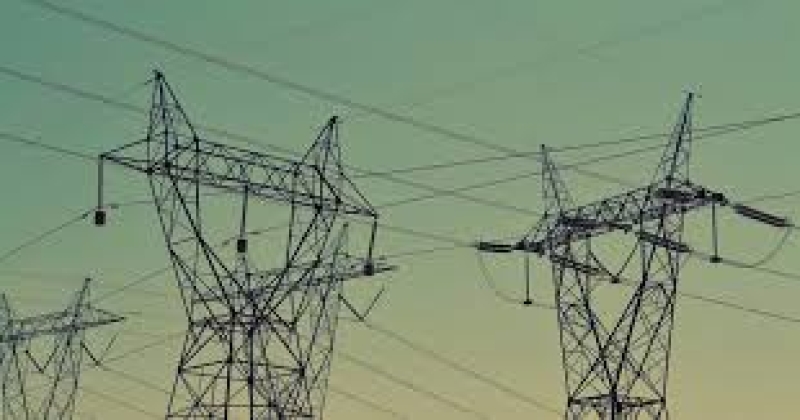- UN Security Council condemns Jammu and Kashmir terror attack |
- 250,000 mourners pay last respects to Pope Francis in 3 days |
- US Restructuring Plan May Include World Bank, IMF & UN Agencies |
- AL-BNP clash leaves over 50 injured in Habiganj |
- Bangladeshi youth injured in BSF firing along Akhaura border |
Prioritizing our energy needs
It is absolutely crucial to get all nuances of budgeting for energy spot on

To say that Bangladesh stands at a critical juncture with respect to its economy would be an understatement. With that said, our woes when it comes to energy have been well documented in recent years, with much of the struggle not within our control.
However, at this stage, it is absolutely crucial to get all nuances of budgeting for energy spot on. To that effect, there are legitimate concerns voiced by experts with regard to the energy allocations in the recent national budget that not only require explanations, but possible rectifications as well.
With Bangladesh voicing time and time again its intentions to transition to cleaner energy sources and indeed be a nation majorly powered by non-imported and renewable sources in less than two decades, it must be said that we have once again missed the mark in addressing these needs.
Indeed, while it is difficult to overlook certain realities, the fact that the budget has increased subsidies for liquefied natural gas (LNG) at the expense of our own gas sector raises serious questions about our priorities. In addition, the comparatively minimal allocation for renewable energy projects is also a glaring oversight. Combined, these decisions and their subsequent aftermath could have long-term repercussions for both our energy security and environmental health, reports DT.
We have the ambitious goal of having 40% of the power mix from renewable sources by 2041 while also being a nation that is largely independent and not reliant on importing power for our needs. However, as things stand, and the way we are approaching fulfilling our energy needs, this looks to be far from attainable. If we are indeed to reach our economic goals, we must align them with how we power the nation, for the present and particularly for the future.

